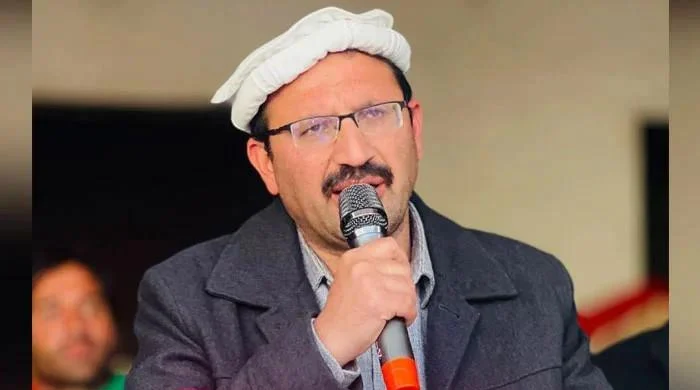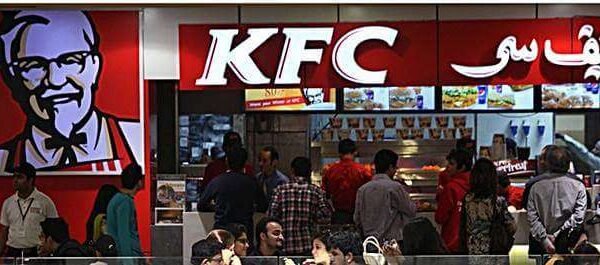Junaid Akbar
Pakistan Tehreek-e-Insaf (PTI) Khyber Pakhtunkhwa chapter’s President, Junaid Akbar, acknowledged on Thursday that his party maintains both direct and indirect contacts with the establishment.
Speaking to the media outside Rawalpindi’s Adiala Jail, where PTI founder Imran Khan has been incarcerated since August 2023, Akbar asserted that his party had no shame in engaging with state institutions.
He emphasized that these institutions belong to Pakistan and that PTI does not seek conflict with any of them. However, he also stressed that all institutions must operate within their constitutional boundaries.
Akbar underlined the need to bridge the widening gap between the people and state institutions, suggesting that political stability could only be achieved through constructive engagement rather than confrontation.
He lamented that PTI was being systematically obstructed from conducting its political activities, as party workers continued to face arrests and multiple FIRs. Despite these challenges, he made it clear that PTI would not be deterred by such tactics.
Addressing the deteriorating law and order situation in Khyber Pakhtunkhwa, Akbar refused to absolve the provincial government of its responsibility. However, he attributed the worsening security conditions primarily to Pakistan’s foreign policy, particularly its approach towards Afghanistan.
The impact of cross-border tensions, coupled with an unstable internal security landscape, has further complicated the situation in the province.
Meanwhile, reports suggest that PTI leaders, including party chairman Barrister Gohar Ali Khan and Khyber Pakhtunkhwa Chief Minister Ali Amin Gandapur, have been engaging in backchannel discussions with influential stakeholders.
The party leadership appears to be making renewed efforts to open lines of communication with the country’s power brokers, according to sources.
However, within PTI, there is growing realization that its current dual strategy—of seeking dialogue with the establishment while simultaneously attacking it—may not be sustainable. Many senior PTI leaders privately admit that continuous confrontation is counterproductive.
There have been efforts to persuade Imran Khan to soften his stance against the establishment, particularly on social media, but he has remained steadfast in his critical approach. Some leaders have expressed frustration, believing that reconciliation is impossible as long as PTI continues its aggressive rhetoric.
For its part, the military leadership has maintained a firm stance of non-interference in political matters, insisting that political parties should resolve their disputes through dialogue among themselves.
Recent reports suggested that Imran Khan had written multiple letters to the Chief of Army Staff (COAS), requesting intervention in political affairs. However, the army chief dismissed such reports, making it clear that if such a letter were to arrive, he would forward it to the prime minister rather than respond to it personally.
As PTI navigates these political challenges, the party is also working on a strategy to organize peaceful protests and public rallies. In addition, efforts are being expedited to form a broader opposition alliance to launch an anti-government movement.
With tensions between the party and the establishment still high, PTI faces a critical juncture in its political struggle. The coming weeks will determine whether its leadership opts for reconciliation or continues down its confrontational path.










